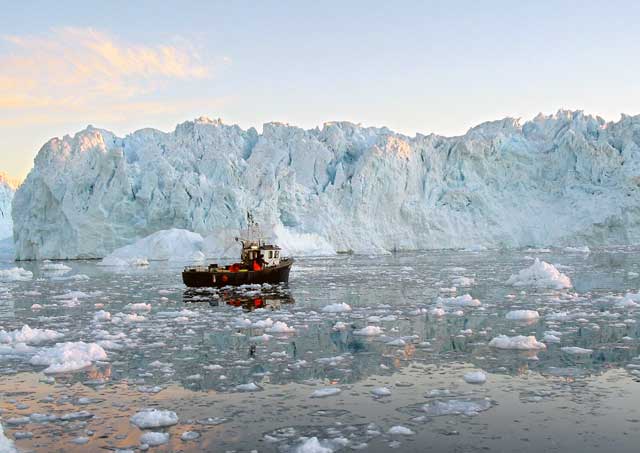A Summer of Drowning, By John Burnside

Kingsley Amis wanted to write poems. Philip Larkin wanted to write novels. Amis did write quite a few poems, and Larkin did write a couple of novels, but Amis’s poems weren’t as good as his novels, and Larkin’s novels weren’t as good as his poems. It’s very, very rare for a writer to be equally good at poems and novels. John Burnside is. He’s a brilliant poet, a brilliant memoirist, and a brilliant novelist.
His seventh novel, A Summer of Drowning, is hypnotic from the start. It begins with a drowning and ends with something even worse than a drowning, something that’s never fully explained. But in Burnside’s work, quite a lot isn’t. His fiction, like his poetry, is haunted by the border between what we know and what we dream of. Much of it takes place in a shadow land of mystery and myth.
The story is told, 10 years on, by a young woman called Liv. Liv lives with her artist mother on a small island in the Arctic Circle. Her only friend is an old man called Kyrre, who’s obsessed with the “old stories”, about trolls, and stolen children, and in particular, the “huldra”, a forest creature who looks like a beautiful young girl, who lures men to danger and death. When two brothers in her class drown within weeks of each other, Liv starts wondering whether a girl called Maia, who has been seen with both of them, is the huldra. Ryvold, one of a number of men in love with her mother, tells her that the huldra is not “a person,” or “a monster”, but “an idea”. Liv believes him, but as the extraordinary events of the summer unfold, she begins to doubt her rational views on this, and everything else.
Liv and her mother live in a “grey, sunlit house above the meadows”, but the house, it soon becomes clear, is its own strange world. Liv’s mother is as remote as the island she has chosen to live on. She has devoted her life to her painting, and removed herself “from the frame” in the belief that this is “the highest form of art”. Lacking a vocation like her mother’s, or any ambition, or any of the interests that an 18-year-old might normally have, Liv has chosen to become “a spy”. “I simply look out,” she says, “over the meadows, over the water, and I pay attention.”
Part of what she sees is what Burnside always sees: the astonishing beauty of the natural world. She sees “a new sweetness of grasses and wildflowers, and mountain water gathering in the meadows”. She sees “pockets of darkness” on the garden walls, and “that still, silvery-white gloaming that makes everything spectral”. She also sees, or thinks she sees, a man disappear. And then, perhaps, but she can never quite know, another.
It’s quite hard to describe the atmosphere of a Burnside novel. It’s both sinister, and beautiful, a world where “seeing things”, which is the title of the first part of Liv’s story, becomes a life’s work, but also the possibility of delusion, and where the “things” you see can play tricks with the minds not just of the characters, but also the readers. There are moments when Burnside pulls us into territory that hovers dangerously near the supernatural, but he does it so adeptly that we can only gasp at the vision before us, and then watch it recede.
A Summer of Drowning, like nearly all Burnside’s work, is about the yearning for the wild edges of the world. It’s about the search for happiness, and what Heidigger called Heimat, or home. Most of all, it’s about the enterprise of art. It’s about how you see things, how you make maps of the world, and the limits of those maps. It’s about the illusion of order, and how it’s shattered.
There are, says Liv, “two kinds of seeing”. One is about finding “what we have always been told is there”. The other is about going “out alone in the world”, like “a boy going out into the fields, or along the shore” who finds that “something creeps in at the edge of his vision”. John Burnside is breathtakingly good at both.
Subscribe to Independent Premium to bookmark this article
Want to bookmark your favourite articles and stories to read or reference later? Start your Independent Premium subscription today.

Join our commenting forum
Join thought-provoking conversations, follow other Independent readers and see their replies